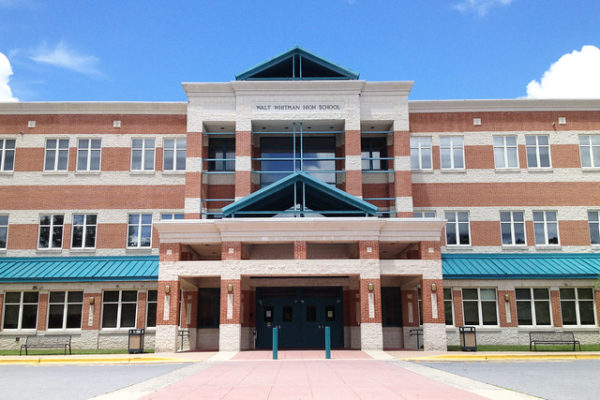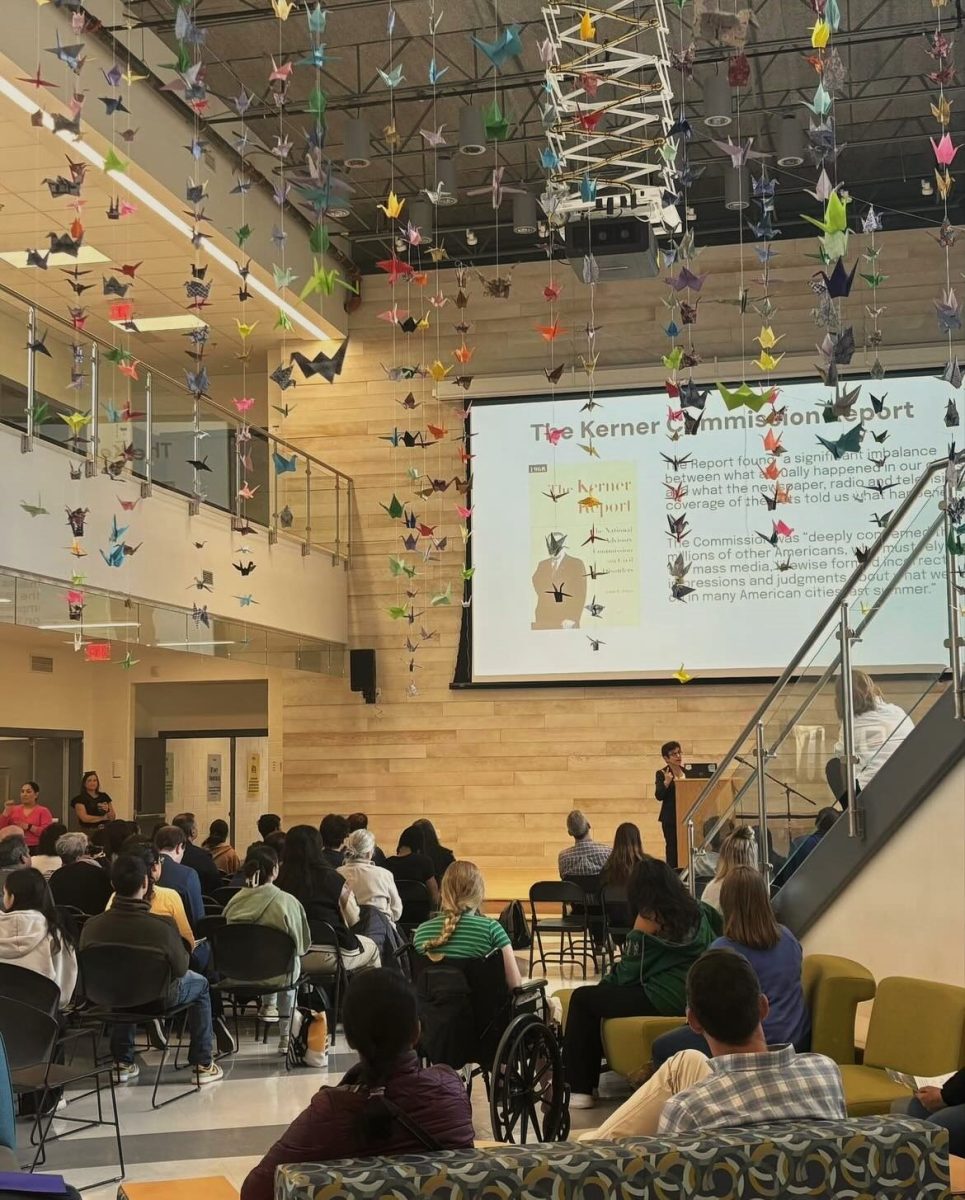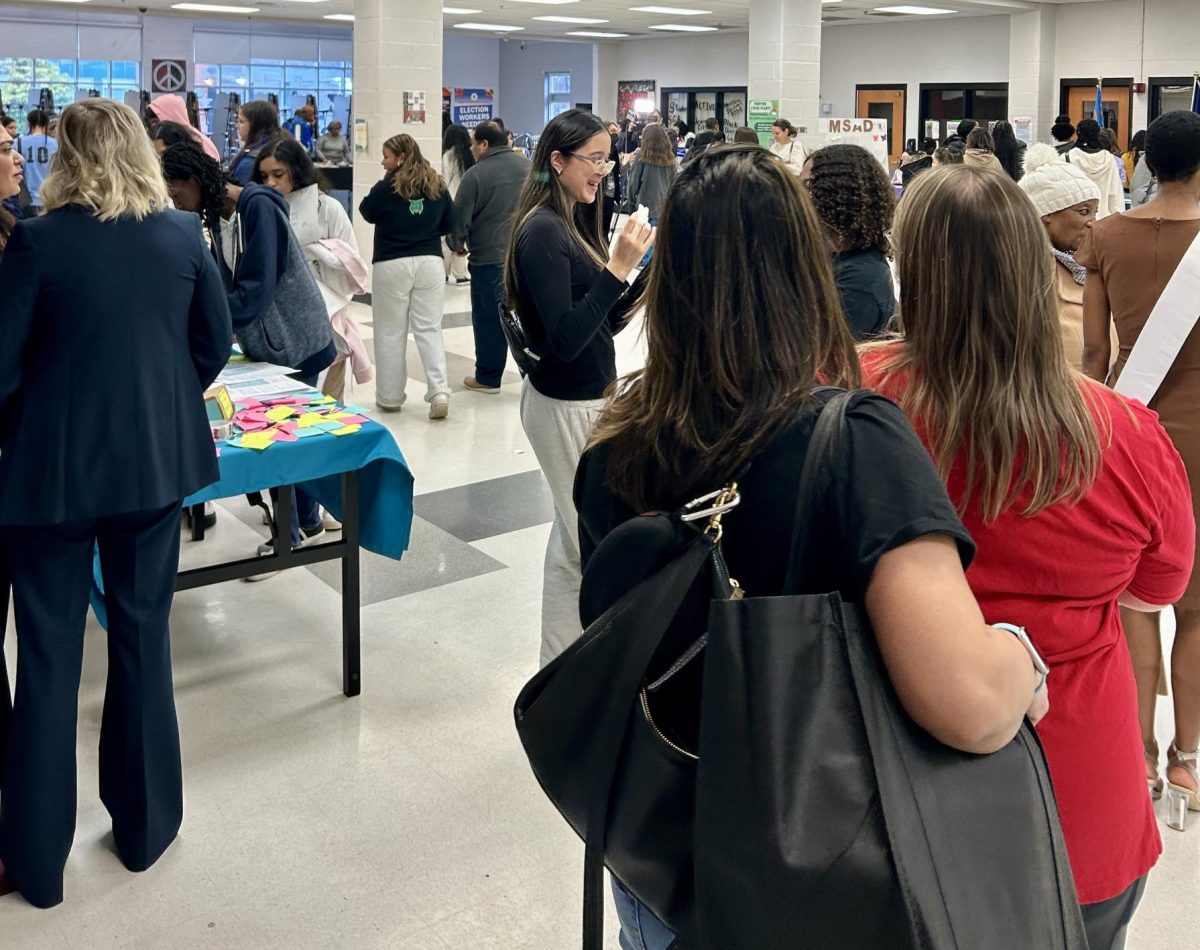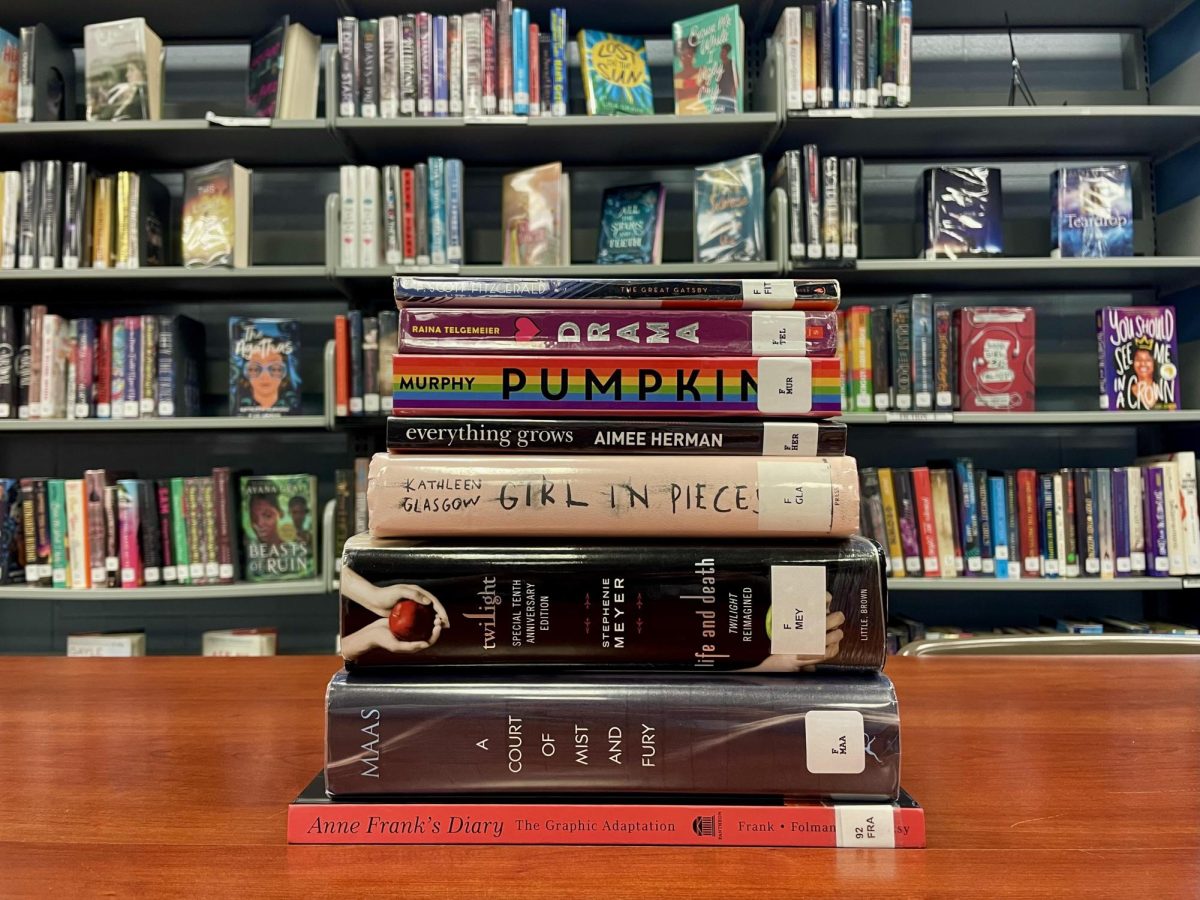It’s cooked, frozen and reheated twice. It defies gravity when the plate is turned upside down. What is it? It’s the food in Baltimore City Public Schools before chef Tony Geraci came to town.

About 100 Montgomery County parents and students digested these facts as they watched the documentary “Cafeteria Man” at Takoma Park Community Center March 15. The film examines BCPS’s move toward a more nutritious food program. The Takoma screening was the inaugural event of Real Food for Kids – Montgomery, a parent group that advocates for fresh, nutritious foods in MCPS.
The film traces Geraci’s bold efforts as BCPS director of food and nutrition to replace pre-plated, processed food with locally grown and freshly prepared meals for the city’s 83,000 students. The ingredients for the transformation, which took place over the course of two years and ended in 2010, included school vegetable gardens, student-designed meals, and the collective efforts of students, parents, school staff and local farmers.
The film shows students planting and harvesting vegetables on a 33-acre teaching farm. It also describes the bureaucratic challenges involved in getting such local produce onto school plates. Geraci recounts how when he arrived, the school system was spending more money on servings of canned peaches than it would need to buy a fresh, whole peach for every student.
The movie also highlights the role students can play in advocating for change. A group of BCPS students travel to the U.S. Congress to testify before the House Committee on Education and Labor in support of more funding for nutritious school food.
Getting students involved and tapping local produce are steps that Montgomery County can also take, said Karen Devitt, co-founder of Real Food for Kids – Montgomery.
Director Richard Chisolm, who led a discussion following the screening, spoke about how hard it is to bring locally grown foods to Montgomery County schools. While school farms like those pictured in the film are great symbols and teaching tools, they aren’t big enough to feed the county’s kids every day, he said.
Other problems are that the climate varies and the school season does not line up with the agricultural season, Chisolm said.
“What Montgomery County can do is find a warehouse and find refrigeration and ways to can and jar the food that you grow in Maryland so that you can actually serve in February something that you harvested in August,” he said. “There are ways to do it, but to get the school systems, the government and the corporations to retool what they’ve been doing for 40 years is really hard. It’s a cycle that has to be broken.”
Blair freshman Patrick Fox, who attended the screening, would like to see school cafeteria food improve.
“We’re going to need to have something that the kids are going to actually enjoy and will also fill them up,” he said.









